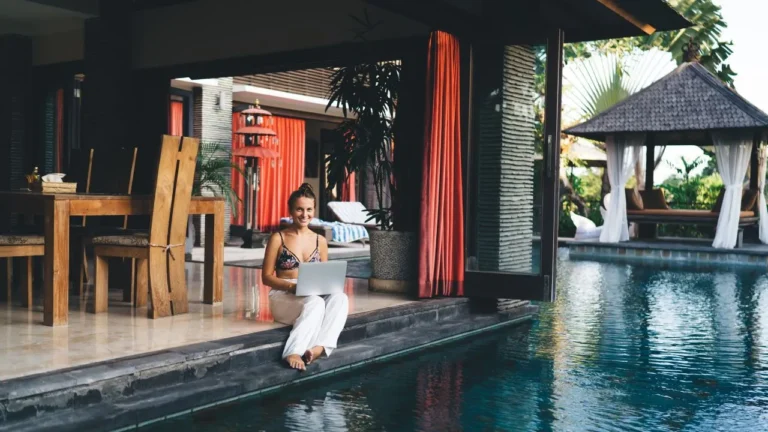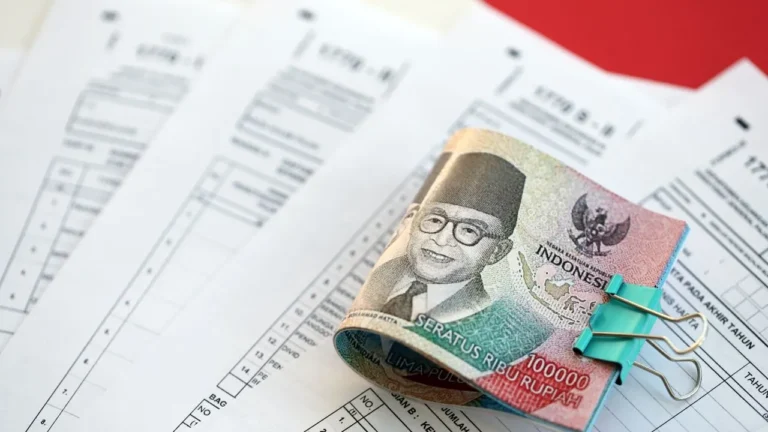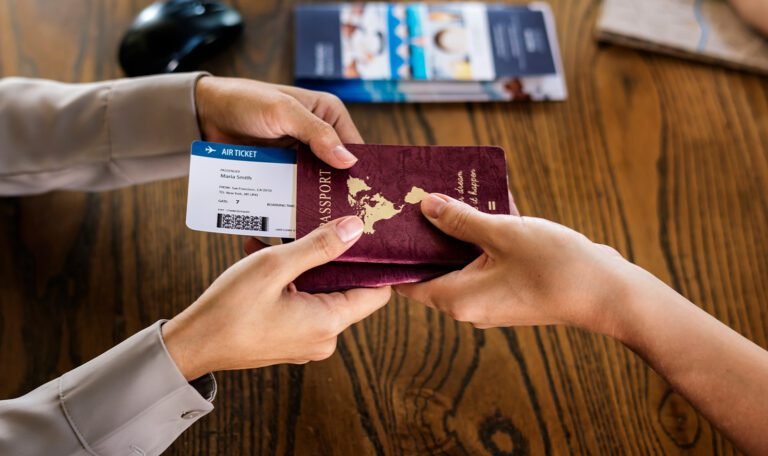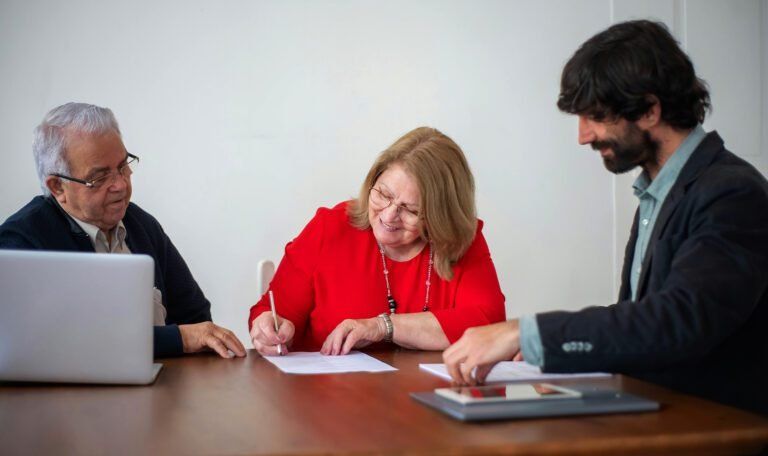Table of Contents
ToggleBuying property in Bali and Lombok is exciting and promises a good source of income. However, investing smartly and avoiding errors is crucial to turn your investment into a nightmare. In this article, we reference the most common mistakes we have counted when investors are not cautious.
Here, we highlight critical mistakes often made by investors, from seeking advice from unofficial sources and acquiring property in restricted ‘green zones,’ to neglecting proper due diligence and operating without the necessary licenses.
We also delve into the importance of optimizing tax structures, securing strong legal contracts, and carefully selecting experienced contractors and developers, providing essential insights to help you navigate the complexities of buying property in Bali and Lombok successfully and compliantly.
Protecting your property investment requires working with a proven developer, undertaking thorough land due diligence, and securing a strong contract. Key decisions like leasehold vs. freehold, and individual vs. PT PMA (Foreign Investment Company) purchase, are also critical for tax and legal optimization.
This is where ILA Global Consulting excels. For years, we’ve helped hundreds of international clients, including those investing property in Bali and Lombok, precisely navigate Indonesia’s legal, taxation, and investment complexities.
Our team’s blend of deep local knowledge and international best practices ensures compliant, strategic solutions, making us a trusted advisor for anyone building a sustainable presence in Indonesia.
7 Most Common Mistakes When Buying Property in Bali and Lombok

Below, we’ve outlined the most significant mistakes we’ve observed that often lead to complications or financial losses when you start property investment in Bali and Lombok.
1. Listening to Everyone
It is natural to ask around you before investing in Bali or Lombok. As new investors in a new market, people are seeking as much information as possible by asking to stay for a while or by already having a project.
Unfortunately, this strategy can lead to serious issues. Investing in a project on legalities and taxes, and asking people around you for advice, is akin to seeking opinions from friends when you’re sick, rather than consulting a professional. Here are the things:
- Some real estate agents advise on the simplest way to make the deal quicker, as commission is paid once the deal is done.
- A few sellers advise on the fastest way to conduct the deal, ensuring that the investor is not intimidated and that the process remains straightforward to prevent the prospect from backing out.
- Some expats have developed bad habits, and those who made significant mistakes are no longer here to share their stories.
- Professionals should provide tax and law advice with relevant experience and expertise.
2. Buying in a Green Zone
To be clear, a green zone is not for commercial or residential purposes. It will not be possible to obtain a building permit in the zone. Some temporary construction can be allowed except in an LSD zone. It is essential to recognize that zoning is established to protect the area, feed the population, and serve as an urban plan.
Changing a green zone to another zoning is illegal. Zoning has been established based on an urban plan, and if the anti-corruption ministry discovers it, they can punish both parties for conducting criminal activities.. It is part of the legal consideration for leasehold property in Bali.
3. Not Conducting Proper Due Diligence
The first step before purchasing land or property is to conduct proper due diligence. The due diligence has to be independent to ensure impartiality. Due diligence is not only to ensure the ownership of the land, but also to ensure several aspects:
- Land ownership
- Surroundings and access to the land
- Zoning in line with the business purpose
- Land and building ratio occupancy of the land
- Tax payment
- Building permit (PBG and SLF)
Unfortunately, some cases have shown that land issues persist, even with local villages claiming ownership of land that belongs to the province.
4. Operating Without a Licence
Indonesia is a regulated country, and doing business under a personal name is not authorized for foreigners. Unfortunately, agents or developers still encourage people to invest under personal names to speed the purchase process, or due to a lack of information on the law.
Indonesia authorizes foreigners to rent out properties if they obtain a licence under a PT PMA. The four licenses in Indonesia that allow renting out properties on a short-term basis are hotel, apartment hotel, Villa, and pondok wisata. Unfortunately, the last 2 are not open to PT PMA, and foreigners must work on a different scheme.
5. Not considering a proper structure to optimize the tax
Having a property with a promising return is exciting. Still, the return can be seriously affected by hidden taxation that is often not mentioned by the developers or the real estate agent.
Depending on whether the funds are coming from a personal account or a company account, the way to invest might change from one person to another, depending on whether you invest in a leasehold or freehold property. Each person has their tax profile and comes from countries with different ways of taxing property income.
For example, having a PT PMA can be a way to optimize the taxation:
- A portion of the company’s income can be allocated to the director and other employees. This strategy helps to reduce overall profit, consequently lowering taxable income.
- Reinvest the profit for 3 years, and then pay 0% tax on the profit reinvested.
- Transfer the funds to a personal account in Indonesia and use them overseas with a credit or debit card.
6. Not having a strong contract to avoid issues in the future
An important point is undoubtedly to ensure that a professional lawyer or legal counsel has reviewed the contract.
Contracts written by real estate agents typically favor the seller, and notaries in Indonesia do not represent either party. Unfortunately, contracts with unprotected clauses or a lack of penalties have led to a few issues.
- Issues with the handover and quality.
- The contractor is disappearing during the process.
- A delay in the delivery exceeding several months.
- Mortgage on the land and investor expulsion from the land.
- Illegal construction with no building permit.
- The impossibility of applying for a business licence.
- High taxation.
- Dodgy contract with a double contract, not allowing the foreigner to prove to the bank why the funds have been transferred.
7. Choosing an Inexperienced Contractor and Developer
While the allure of off-plan properties in Bali and Lombok can be strong, especially when presented with attractive designs and promising returns on paper, a significant pitfall lies in partnering with inexperienced contractors and developers. They often promote projects that appear flawless in marketing materials but fall severely short during execution.
Common issues arising from such partnerships include:
- Lack of Permits: The property may be constructed without the necessary building permits (PBG) or operational licenses, rendering it illegal and subject to fines or demolition. This directly impacts the ability to obtain business licenses, making it impossible to legally rent out the property.
- Significant Delays: Project timelines are frequently disregarded, leading to extensive delays in handover, sometimes stretching for many months beyond the agreed-upon date. This not only causes financial strain due to lost rental income but also significant frustration for the investor.
- Poor Construction Quality: The finished product often deviates significantly from the promised standards. Subpar materials, shoddy workmanship, and a general lack of attention to detail result in properties that are structurally unsound, require immediate and costly repairs, or simply do not meet expectations.
- Contractual Issues: Inexperienced parties may use weak contracts that offer little protection to the investor, lacking clear penalty clauses for delays or quality issues. In some unfortunate cases, contractors may even disappear during the construction process, leaving the investor with an unfinished project and no recourse.
- Hidden Problems: There can be instances of mortgages on the land not disclosed, leading to the investor being expelled from the property, or even dodgy double contracts that complicate proving financial transfers to banks.
Thorough due diligence on the contractor’s track record, previous projects, and legal standing is paramount to avoid these costly and stressful mistakes.
How We Help You Avoid These Mistakes?
Save time and money by letting ILA Global Consulting’s team of experts guide your real estate journey in Indonesia. We can help with due diligence, land title transfers, notary services, contract drafting and reviewing, building permits, various licences, and more.
Find more information about our broad range of real estate services, or reach out today for a free consultation.
Unsure About Terms When Buying Property in Bali and Lombok?
To help you navigate these complexities with confidence, we’ve compiled a glossary of essential terms you’ll find when considering a property purchase.
| Term | Definition |
|---|---|
| Green Zone | Designated land areas in Indonesia that are explicitly not for commercial or residential development. Obtaining a building permit (PBG) in these zones is illegal, as they are protected for agricultural, environmental, or urban planning purposes. |
| LSD Zone | (Likely refers to Lahan Sawah Dilindungi – Protected Rice Fields). Specific green zones primarily for agricultural use where even temporary construction might be severely restricted or forbidden. |
| Due Diligence | A comprehensive and independent investigation conducted before purchasing property. It goes beyond just verifying ownership to include checking zoning, access, land/building ratio, tax status, and necessary permits (PBG, SLF). |
| PBG | Persetujuan Bangunan Gedung (Building Approval/Permit). The official permit required from the government before any construction or significant renovation can commence on a property. Essential for legal construction. |
| SLF | Sertifikat Laik Fungsi (Certificate of Feasibility). A certificate indicating that a building is fit for its intended function and meets all technical and administrative requirements. Needed for operational licenses. |
| PT PMA | Perseroan Terbatas Penanaman Modal Asing. A foreign-owned limited liability company in Indonesia, typically the sponsoring entity for a Working KITAS. |
| Leasehold | A common property ownership model for foreigners in Indonesia where the investor acquires the right to use land or property for a long, fixed period (e.g., 25-30 years, often extendable), but does not own the land outright. |
| Freehold | Hak Milik (Right of Ownership). The strongest form of land ownership in Indonesia, granting perpetual ownership rights. Generally, only Indonesian citizens can hold freehold title directly. |
| Pondok Wisata | A type of accommodation license, typically for smaller guesthouses or villas. The text notes that these licenses are not generally open to PT PMAs (foreign-owned companies). |
| Double Contract | A fraudulent practice where two different contracts exist for the same transaction, often with one showing a lower value to evade taxes. This can cause significant legal and financial issues for the buyer. |
| Off-plan properties | Properties that are sold before construction is completed or even before it begins, based on designs and marketing materials. This carries inherent risks related to developer reliability and project completion. |
Investing in Bali and Lombok property holds great promise, but navigating its complexities and avoiding common pitfalls is crucial. From zoning and licensing to contracts and choosing developers, every detail matters for a secure and profitable venture.
Don’t risk your investment. Contact ILA Global Consulting today for expert, personalized guidance on buying property in Bali and Lombok. We’ll ensure your journey is smooth, secure, and maximizes your returns.























